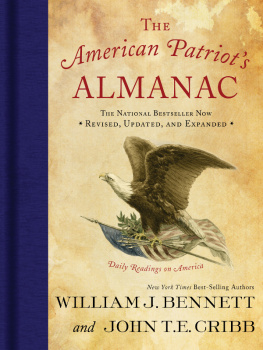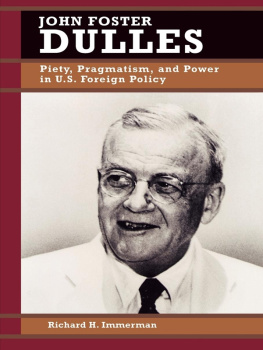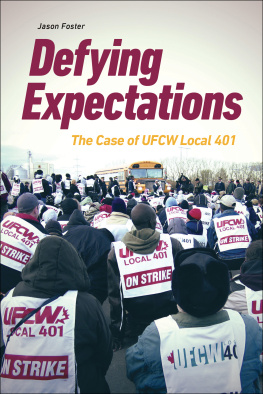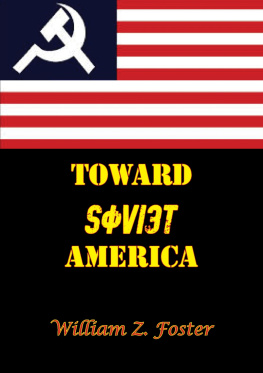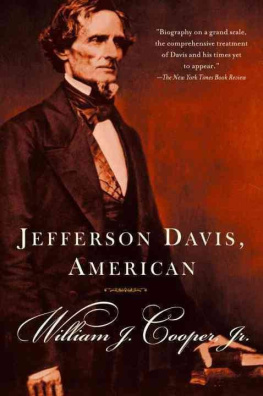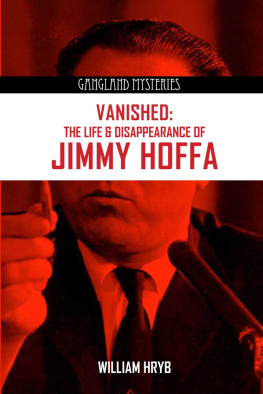William Z. Foster: An Appreciation
Child of 'Skitereen'
Three years after the Civil War ended, James Foster, a tall, blue-eyed immigrant born of peasant stock in County Carlow, Ireland, arrived in the United States and settled in Boston. Alert, combative, and yet virtually illiterate, he was a young man with an old dream. The Irishman fled his native land because he loved Ireland well, so well that the Crown's armed emissaries trailed him after a projected revolt to win Irish independence had failed.
The Fenian brought his wife Elizabeth, a tall, slender yet hardy woman of English and Scottish ancestry, a weaver whose young years were spent in the clatter of Britain's textile industry. She bore him twenty-three children.
Jim Foster was known as a fighting Irishman, forever ready to jump to the defense of the Ould Sod and his Catholic faith, but he could take his religion or leave it. Elizabeth, however, earnestly upheld the Faith. Eighteen of her children failed to survive to maturity. One of those who did, William, was the apple of her eye. Frustrated in this life she was determined that this son would become a priest of the more promising existence to come.
Theirs was the typical immigrant's life of gaslit America. Bounded by the deserts of illiteracy and the peaceful seas of the Faith, a tempestuous existence flourished in the slums of the poor. Not only did they mark the seasons celebrating births and weddings and deaths, the ideas of the times agitated their days. The Foster household instantly became a center of Fenian disputation. If there was little food in the kitchen pot, there was ample sustenance for the mind and the spirit.
William Z. Foster was born in Taunton, Massachusetts, February 25, 1881, the same year that the American Federation of Labor was founded. When he was six the family left the town where the red flag of revolution was first raised in this land, in 1776
"We'll defend it with valor and virtue and votes
The Red Flag of Taunton that waves o'er the green."
and they moved to Seventeenth and Kater Street, Philadelphia, where the poorest of the poor lived. The Foster household stood on a cobblestoned street of weather-beaten, ramshackle dwellings. Many of the houses were tenanted by the half-starved, the diseased, folk who had lost hope in life. Casual labor, beggary, petty thieving were common. Yet given half a chance you could see how they yearned for more of the life than the brand they inherited. The boy's gang to which young Bill belonged, the Bulldogs, had a social club where they sang and danced, a rattling good baseball team, a fife-and-drum corps that was said to be the best boy's band in the country. And most of the youngsters came to manhood of industrious labor. Like Bill's father who earned the bread for his family. washing carriages in the livery stables, they had a sturdy, unspoiled pride in their class.
And most, like him, never had a day's book learning. "I never went to school but one day," Jim laughed, "and that day school did not keep." And so Mother Foster. Yet she revealed an innate intellectual vigor and she was desperately eager that young Bill would be at the books. She grieved that they could only give him four years of formal schooling, from the age of seven to ten, but she noted that he revealed a precocious aptitude. Often he sat down on the curbstone as a youngster selling papers after school to spell out the words in the Philadelphia Evening Star, the News, the Item and the Call, that told of big strikes in Pittsburgh and further West. It was a time of great social battles as the Robber Barons hogged a continent. He read the stories with an excitement born of some young glimmering of understanding and loyalty to the class into which he was born.
Mother Foster encouraged him to frequent the free public library which had, then, the aura of charity. Only the lower classes took books out on loan: the prosperous bought them, or rented them from private libraries. What did that matter to the tall, slender blue-eyed youngster who was drawn by the magic of the printed page. He became a veritable boarder at the library, and once when he brought the family priest, Father O'Connor, a copy of Irish Martyrs and Patriots, the cleric straight-away decided that the promising lad must go to the Jesuit college where he had studied. At that time, young Bill had not yet decided whether to dedicate his life to the church or to Irish independence.
Apprenticed at ten to old Kretchman, a German sculptor and engraver, he continued reading whatever books his inclinations put into his hands. In the three years he worked for the old artist who helped to build the giant statue of William Penn atop Philadelphia's City Hall, he kept at the books. In his early teens he began to read the histories of the French and American Revolutions, heady stuff indeed. Then he passed on to Tom Paine's works, marveled at his Age of Reason, a little later to Lecky's History of European Morals, Gibbons's Decline and Fall of the Roman Empire, Herbert Spencer. He topped these off with Darwin's Origin of Species and Descent of Man. He read these books with a growing amazement. When he closed the covers he was through with his mother's dream of priesthood.
Possessed of an extraordinary inquisitive mind the youngster noted well the times in which he lived. The first fifteen years o,f his life was an era of great strikes, the heyday of the Knights of Labor, the years the American Federation of Labor was coming to the fore. Homested and its Pinkerton invasion was in 1892; in May of 1894, in the midst of the industrial crisis of the time when breadlines became a way of life, Eugene V. Debs headed the American Railway Union's strike which only the Federal Government and treason by the aristocrats of the unions could crush. And young Foster plunged into his first strike, that of the Philadelphia street carmen in 1895, when he was 14. The company had summoned professional scabs who carried their deadly Smiths and Wessons under their coats to join the police violence. The youngsters of "Skitereen," as they called the working class community where Foster lived, promptly joined the strikers. Mounted police charged a peaceful parade in which the strikers carried brooms and the cursing men in uniform struck savagely at them with their nightsticks. The boys retaliated by spreading heaps of ashes across the tracks that utterly ruined the run of the brand-new electric cars. Though armed police accompanied the scab motormen the boys wrecked every car that ventured into the territory.
The strike left a lasting impression on the youngster's mind. Though he was but 14, and belonged as yet to no trade union, he was already a unionist in sympathy. Nobody, even at that age, had to tell him who initiated "force and violence." He had learned Primary Lesson One: that the individual worker is helpless against the employer supported by the government and that only by unity with other workers could he make his strength count. One man alone was one man alone. That lesson did much to determine the life's course of this boy who was to become a generation later the labor leader most feared by America's mighty industrial dynasts.
Working and Reading
Kretchman, a crusty old German yet an artist of exceptional gifts was fond of the alert lad from the slums who had a way of catching on fast. He taught Bill lessons in all the arts he knew so well clay modeling, plaster of Paris work, wood carving, stone cutting, drawing, painting, electroplating. But the son of "Skitereen," of Jim and Elizabeth, had no inclination for a life of art. Some impulse born of his class, of his associations and sympathies, drove his interests to the great, clamorous shops and factories springing up in Philadelphia as they were across the land. "I was drawn as by a magnet to the shops," he wrote later.


